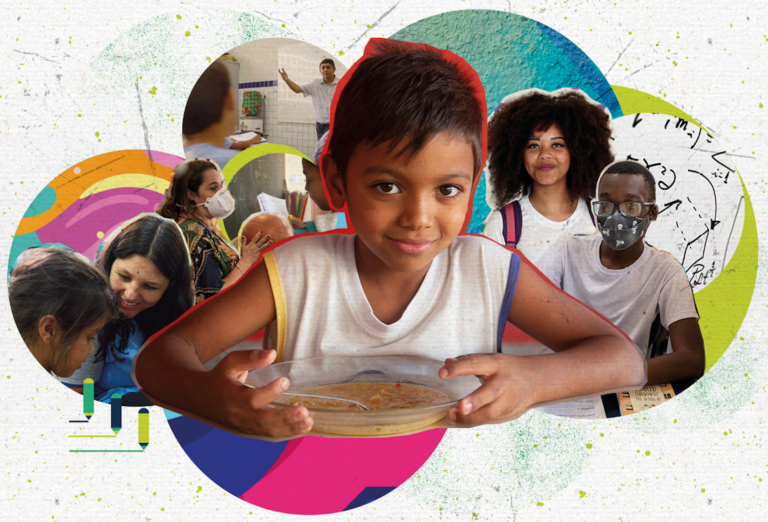In discussions about social impact investing and philanthropy, I often hear the question:
“Why Brazil?”
There are two views around which my answer orbits. First, the country is a microcosm that represents many of the global challenges. Brazil has been facing many of the issues common to the planet as a whole, from social inequality and access to health to the defense of human rights and the guarantee of quality education. Second, we have excellent initiatives showing that, through collaborations, it is possible to make a difference for the better with scale and quality – even in the dimensions of a continental country like ours.
Furthermore, Brazil has a network of 820,000 civil society organizations that work with local and regional governments to find solutions to diagnosed problems. During the pandemic, for example, with the commitment and collaboration of public entities and private social investments, as well as the articulation of a multisectoral coalition of which the Lemann Foundation played an important role, the country inaugurated the first laboratory with public funding in the world, to produce doses of Oxford/AstraZeneca vaccine against Covid. This collaboration allowed the Oswaldo Cruz Foundation to produce over 1 million doses of vaccines per day in 2021, a crucial effort to fight the pandemic in the country.
There are also emblematic examples in education, such as the city of Sobral, in Ceará. The local government created a plan aimed at eradicating illiteracy, reducing school dropout rates and valuing the pedagogical management of schools. In 2015, Sobral became the city with the best Basic Education Quality Index (Ideb, in Portuguese) in the country. After this experience, the State of Ceará developed the Literacy Program in the Right Age (PAIC), through which 92.7% of its 1,28 million children became literate at second grade. The work in Ceará inspired the Lemann Foundation in a collaborative project, in partnership with Instituto Natura, to extend Sobral’s educational success to other municipalities and states. Today, this work encompasses 11 Brazilian states, which are working to improve literacy rates in the country. There are 1,859 cities and more than 1.2 million students in the 1st and 2nd grades of public elementary education benefiting from this collaboration.
Not only local and regional articulations have been mobilized to tackle Brazil greatest challenges. In March 2022, the American philanthropist MacKenzie Scott directed part of her donations to 16 Brazilian non-governmental organizations, recognizing the country as a microcosm for global challenges. Her generosity focused on groups that already work in areas such as human rights, education, racial equity, among others, including the Lemann Foundation and six of our longtime grantees – Fundo Baobá, Gerando Falcões, Instituto Rodrigo Mendes, Instituto Sou da Paz, Politize e Motriz.
I often say that if you are at the forefront of a global philanthropy, which is interested in promoting change in different regions, you can learn a lot from Brazil. Or bring what you learned in other territories and contextualize and adapt to the local reality in Brazil. And that’s precisely the vocation of the Lemann Centers that we support around the world. Located in Sobral, and in renowned universities worldwide, such as Stanford, Columbia, and Oxford, these Centers work as spaces for interchange and international learning. With articulated local and global partners, and with evidence, it is possible to unlock the solution of problems of great social impact.
Finally, the most important element for Brazil as a potential destination of philanthropic investments: urgency. The current aggravation of economic and social adversities in the country urges transformations and reminds us of the importance of global collaboration to catalyze change. After all, at the end of the day, the fundamental question regarding the geography of philanthropy should be: Where can we impact the most lives? Where can we generate the most change? Where is it possible to learn and scale up the transformations? Brazil is certainly a path.
Guilherme Barros, Collaborative Philanthropy & Co-investment Manager

